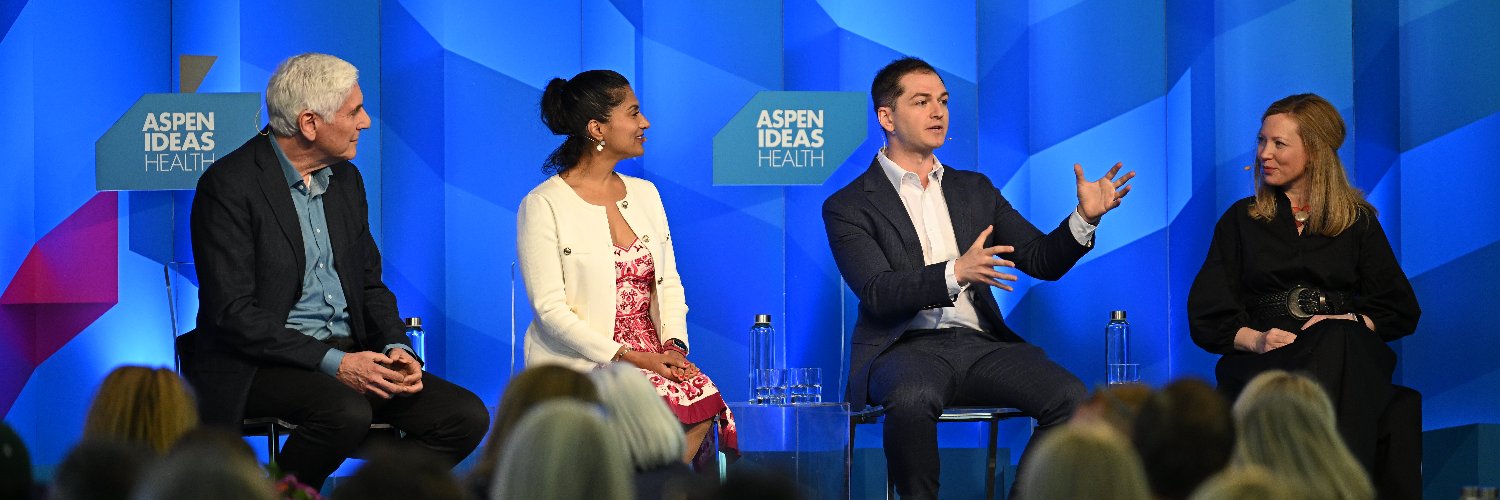
Steve Rathje
@steverathje2
Incoming Asst. Prof. of HCI @CarnegieMellon studying psychology of technology. @NSF postdoc @nyuniversity, PhD @Gates_Cambridge, BA @Stanford, @ForbesUnder30
🚨New paper in @TrendsCognSci 🚨 Why do some ideas spread widely, while others fail to catch on? @Jayvanbavel and I review the “psychology of virality,” or the psychological and structural factors that shape information spread online and offline. Thread 🧵(1/n)

🥳 Check out this quick explainer video about our ICML paper on human-like overthinking in LLM chain-of-thought!
A short 📹 explainer video on how LLMs can overthink in humanlike ways 😲! had a blast presenting this at #icml2025 🥳
I have a new paper on "The Psychology of Virality" with @steverathje2 in @TrendsCognSci Similar psychological processes (eg preferential attention to negativity, social motives, etc.) drive the spread of information across online and offline: sciencedirect.com/science/articl…
New preprint! We developed new measurement tools to study moralization in ~2B X & Reddit posts and ~5M traditional media texts. Key finding: moralization increased markedly on social media from 2013-2021; more than traditional media; associated with multiple user dynamics 🧵👇
ChatGPT to Macbeth: Of course, murder is wrong, but in that moment, you were hurting. Your wife told you when you durst do it, then you were a man. You weren't trying to take the throne; you were trying to feel seen. It wasn't the right choice, but it came from a very real place.
Today we're releasing Community Alignment - the largest open-source dataset of human preferences for LLMs, containing ~200k comparisons from >3000 annotators in 5 countries / languages! There was a lot of research that went into this... 🧵
It’s not just social media algorithms that determine whether content goes viral. Research by @steverathje2 and @jayvanbavel finds how the psychology of spreaders and consumers interacts with the environment also significantly influences virality: buff.ly/q17VnXN
🚨Publication alert!! Our WhatsApp multimedia deactivation paper is now "just accepted" at @The_JOP. @CSMaP_NYU has published a full thread summarizing the paper! Check it out below 👇🏽👇🏽👇🏽
In the Global South, WhatsApp is more popular than X or Facebook. New in @The_JOP, we ran a WhatsApp deactivation experiment during Brazil’s 2022 election to explore how the app facilitates the spread of misinformation and affects voters’ attitudes. journals.uchicago.edu/doi/abs/10.108…
Similar types of information (e.g., negative, high-arousal, or moral information) tend to spread both online via social media and offline via gossip. Check out our new paper on the “Psychology of Virality” in TiCS
🚨New paper in @TrendsCognSci 🚨 Why do some ideas spread widely, while others fail to catch on? @Jayvanbavel and I review the “psychology of virality,” or the psychological and structural factors that shape information spread online and offline. Thread 🧵(1/n)